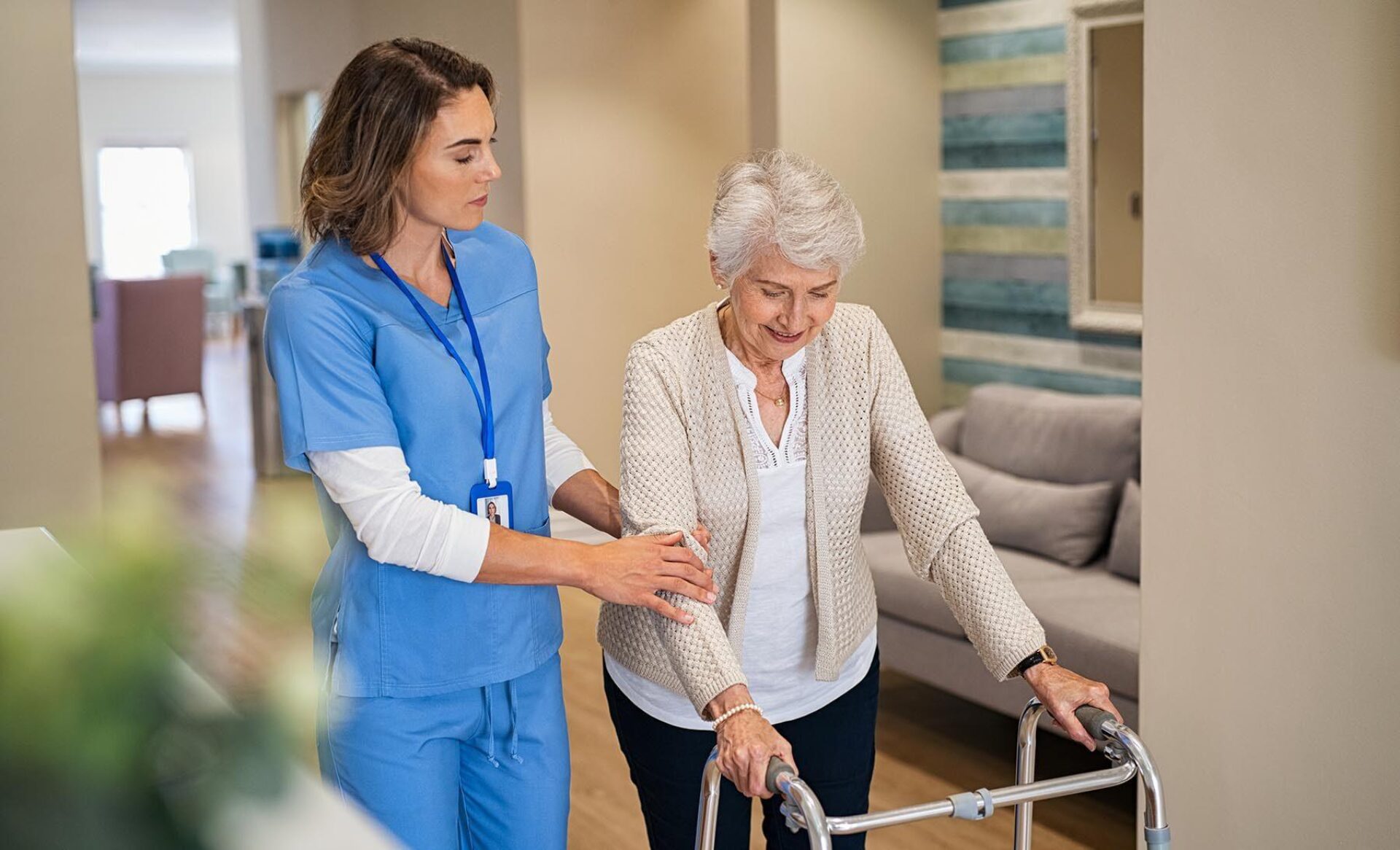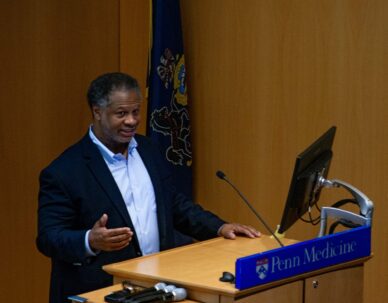
Use of Social Incentives to Change Behaviors, Improve Ambulation and Health Outcomes After Major Abdominal Surgeries for Cancer
- Behavior Change,
- Clinical Transformation
This project is testing the use of social incentives to improve ambulation and health outcomes in patients who recently underwent major abdominal surgeries, such as radical cystectomies.
Major surgeries for cancer bear significant risks, especially for an at-risk elderly population. For cystectomies (removal of the bladder for bladder cancer), 67% of patients will have a major complication, 40% will be readmitted to the hospital, and 5% will die within 90 days of the surgery. Patients become very debilitated after surgery, and that 95% of the time spent in the hospital is spent in bed. However, it remains unclear the best way to influence a change in behavior, to improve mobility and fitness after surgery, and how those changes can affect how well patients do after treatment. PC3I researchers will therefore be performing a trial and evaluation of social incentives to improve ambulation and health outcomes after major abdominal surgeries, such as radical cystectomy.
Potential impact includes improved ambulation and post-operational health outcomes for patients undergoing abdominal surgeries.
The Agency for Healthcare Research and Quality (AHRQ); Patient-Centered Outcomes Research Institute (PCORI)
Abramson Cancer Center (ACC); Center for Health Incentives and Behavioral Economics (CHIBE)
Project Leads
Project Team
-
David Asch
-
Ryan Greysen
-
Thomas Guzzo
-
Stephen Kimmel

